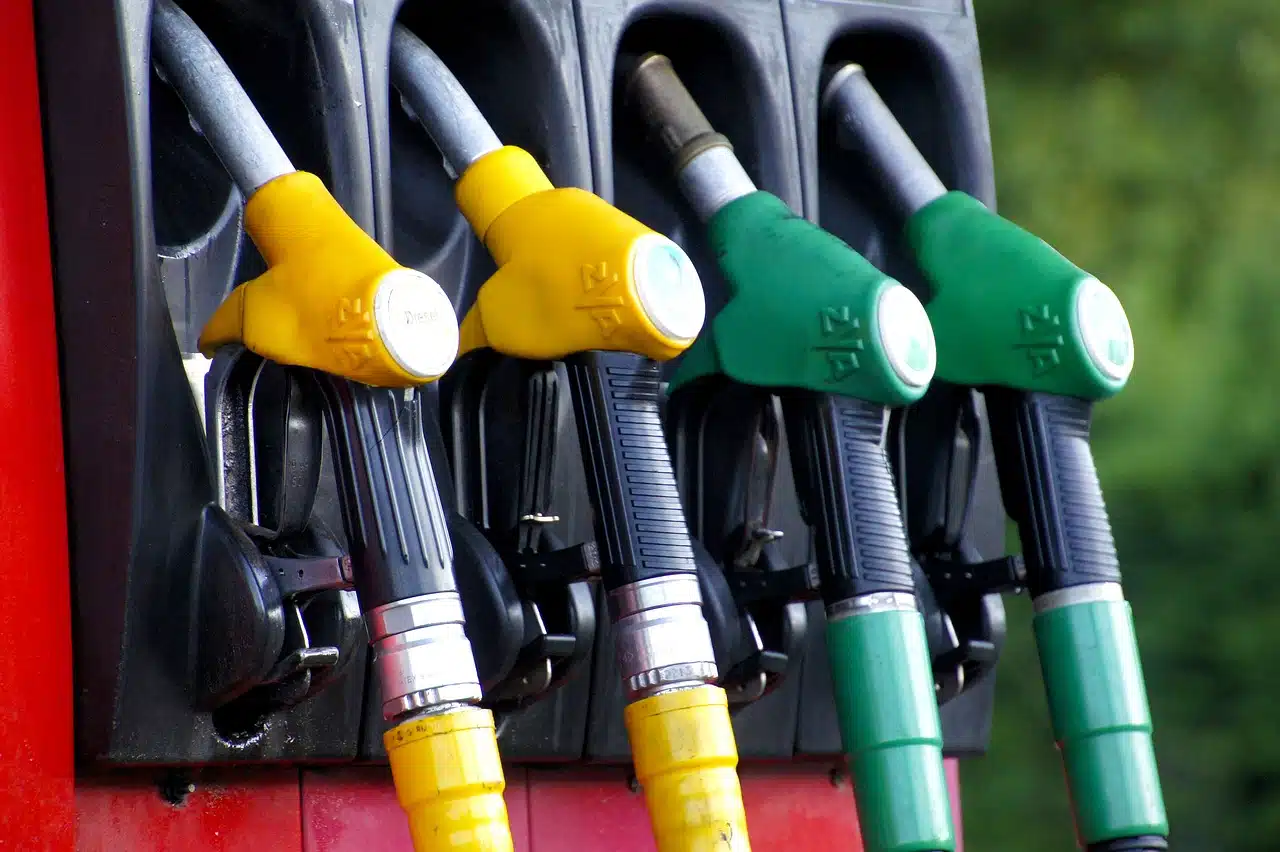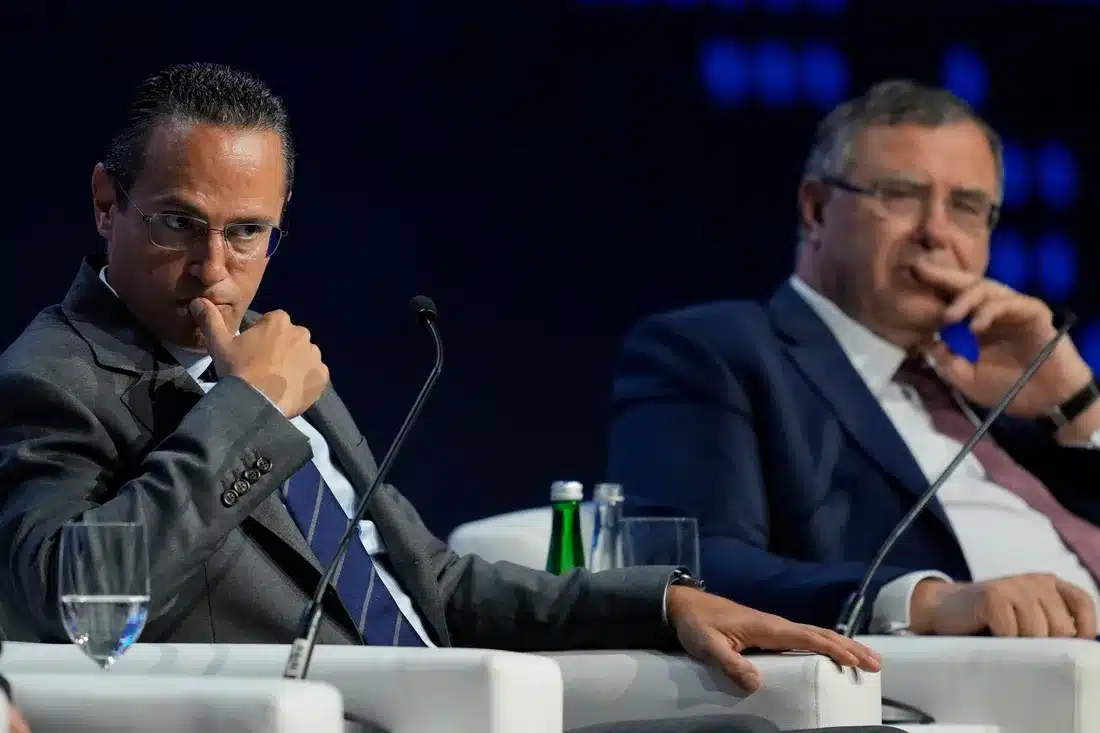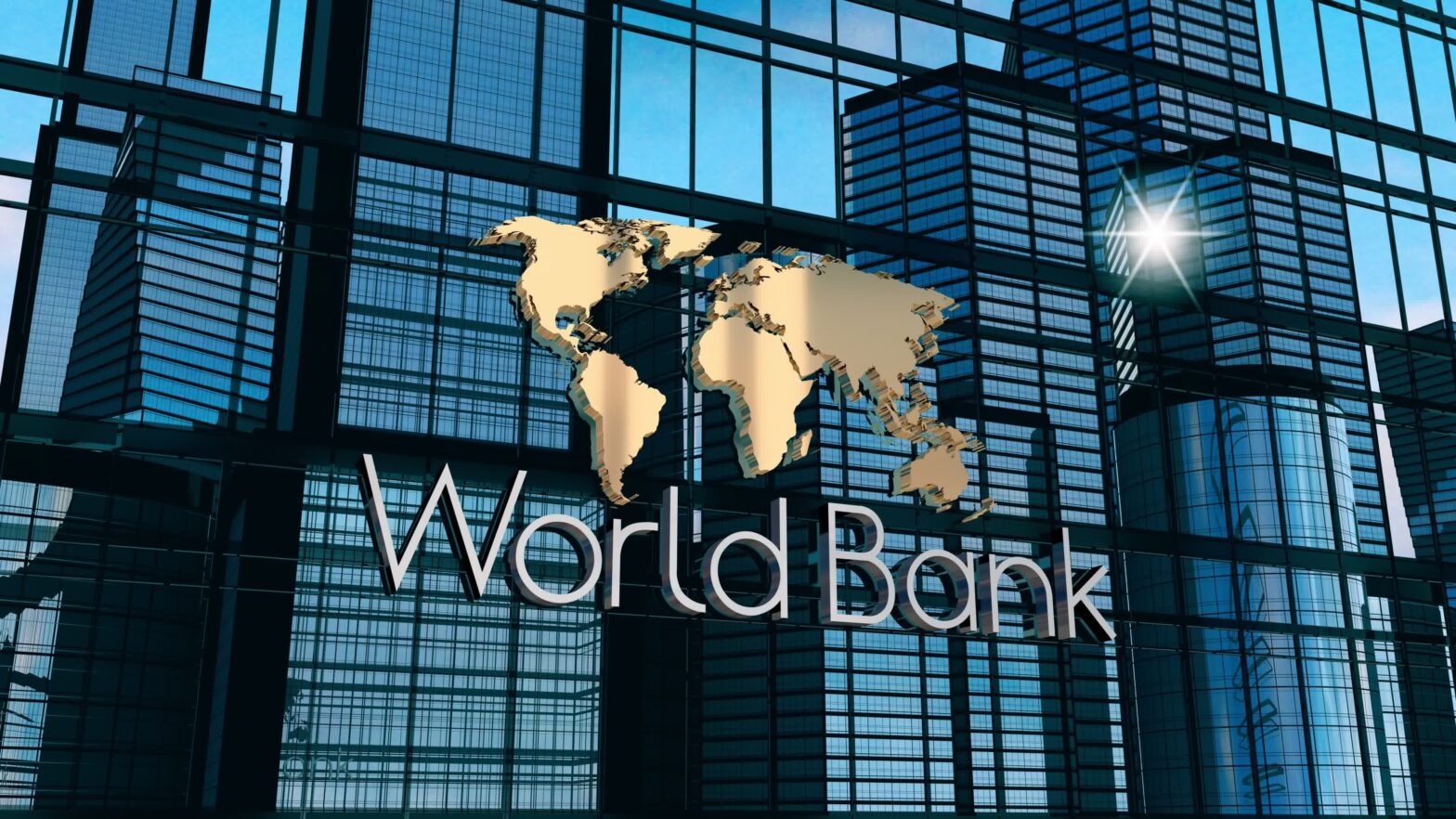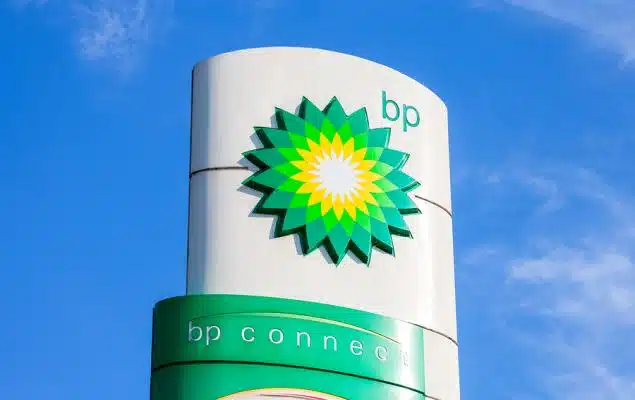The International Monetary Fund (IMF) has reportedly stated that the full savings from Nigeria’s removal of fuel subsidy are yet to be accrued to the federal government’s account, raising concerns about the transparency of the funds.
In its recent report on Nigeria’s macroeconomic trends, the Fund noted that while the removal of the popular but costly subsidy has led to an increase in government revenue, it has not been fully reflected in the federation’s balance sheet.
IMF added that this delay raises concerns over how quickly the reform can ease pressure on public finances and free up resources for development spending.
The finding was disclosed in the IMF’s recent implementation status table, which reviewed Nigeria’s follow up to earlier policy advice aimed at stabilizing the economy and improving revenue mobilization.
Fiscal impact still pending
According to the IMF, Nigeria removed implicit fuel subsidies last year as part of reforms to cut untargeted and costly spending.
However, the Fund noted that “the full savings from the reform are yet to accrue to the budget,” highlighting a lag between policy action and its fiscal outcome.
The government had planned to redirect the funds saved from subsidy removal to key sectors such as health, education, and infrastructure.
Yet, the delayed impact means those critical investments may be slower to materialize.
In addition in April 2024, electricity tariffs for Band A consumers those who enjoy over 20 hours of daily power supply were also raised by 300%.
Officials have suggested that a broader energy sector strategy is being prepared to ensure that recent reforms are sustainable and more equitable.
The IMF reported that these measures are part of a wider effort to reduce Nigeria’s fiscal deficit and strengthen its domestic revenue base.
Broader economic measures and ongoing challenges
Beyond fuel subsidy reforms, the IMF table outlined other policies Nigeria has pursued to support economic stability.
In 2024, macroeconomic policies were tightened to tackle inflation, and the Central Bank is drafting a roadmap for inflation targeting as well as a new foreign exchange intervention framework.
To cushion the impact of higher living costs on vulnerable households, the government launched targeted cash transfers. As of March 2025, around 5.5 million households out of a planned 15 million have each received up to three transfers of N25,000.
Efforts to reduce oil theft remain a priority, with authorities collaborating with private security companies, local communities, and regulators to protect critical infrastructure and farmland.
These activities aim to safeguard oil production and rural livelihoods, which have long been threatened by criminal networks.
In addition, Nigeria has moved to strengthen its Anti Money Laundering and Countering the Financing of Terrorism framework.
These steps are intended to address deficiencies identified by the Inter Governmental Action Group against Money Laundering in West Africa and to facilitate Nigeria’s removal from the Financial Action Task Force “grey list.”
The IMF’s update signals that Nigeria has taken meaningful steps towards fiscal consolidation, but delays in translating reforms into actual budget savings remain a challenge that policymakers must urgently address.










